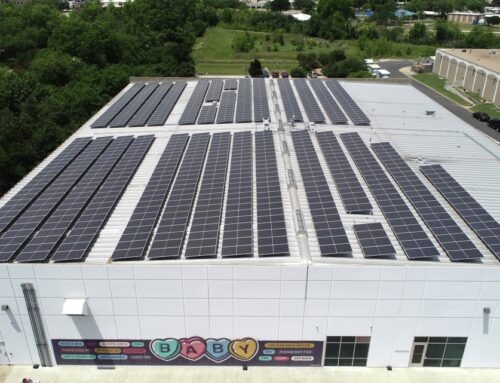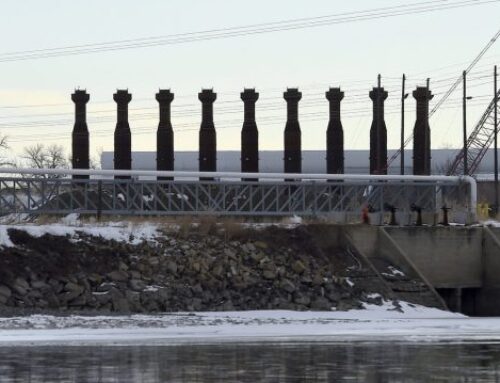Guest column: Regardless of who’s in DC, states still have power to fight climate change
November 22, 2024

On the Wednesday afternoon following Election Day, I taught my environmental studies course at Tulane University. After debriefing the election results and fielding some questions about what it would all mean for fighting climate change and for our nation’s energy policy — the answers to many of which I did not know — I turned to my lecture on something I did know: state-level renewable energy policy.
The strong system of federalism in the United States, by which state governments enjoy tremendous power relative to the national government, has been called a double-edged sword with regard to the transition to cleaner energy.
However, in this moment of uncertainty when it comes to what the Trump administration will do to reverse the climate policy progress of the Biden administration, those who care about fighting climate change can lean on the upside of U.S. climate and energy federalism.
State governments that have been working on fighting climate change for decades will continue to do so, and there will be little the national government can do to stop them. California’s Gov. Gavin Newsom is calling an emergency special state legislative session “to help bolster our legal resources and protect our state from any unlawful actions by the incoming Trump administration.” This session will clearly include protecting the state’s climate and clean energy laws.
A week after Donald Trump won, Massachusetts passed omnibus climate and clean energy legislation. This is now the fourth consecutive legislative session in which that state has done so.
Yet it isn’t just liberal states that are showing signs that they might diverge from the Trump administration with respect to climate and/or clean energy.
Even here in Louisiana, a state known for its oil and gas production and environmental and public health degradation, voters overwhelmingly approved a constitutional amendment to include offshore renewable energy in a revenue stream that flows directly into Louisiana’s Coastal Protection and Restoration Fund.
This undoubtedly includes offshore wind in the Gulf, which could potentially generate not only gigawatts of clean electricity but also revenue for a state that badly needs it, despite misinformed rhetoric from Trump on the campaign trail that wind farms are “bird cemeteries.”
Texas, another major fossil fuel-producing state whose state politics now reflect the MAGA movement, currently leads the country in wind and solar energy production. Few people realize that Texas adopted one of the earliest state-level renewable portfolio standards policies in the country back in 1999, which contributed to catapulting its onshore wind industry into the leadership status it enjoys today.
But none of this is intended to sugarcoat the obstacles that lie ahead, especially in red states. The encouraging news reported here represents only the tiniest steps in confronting the challenges that climate change poses, to our region especially.
Whether states like Louisiana fall into line with the fossil fuel agenda that the new national administration is expected to advance or chart their own course will depend on which of two paths is taken: a sober, economically-informed path or the path of hyper-polarized discourse that has overtaken so much of our national politics and tends to trickle down to the states.
U.S. climate and energy federalism means states have the freedom to chart their own course on climate and energy no matter what happens next in D.C. There are both challenges and opportunities associated with their ability to do so.
But our institutions of divided power in this country offer governors and state legislatures the ability to write their own stories with respect to the existential challenges posed by climate change.
Search
RECENT PRESS RELEASES
Related Post




